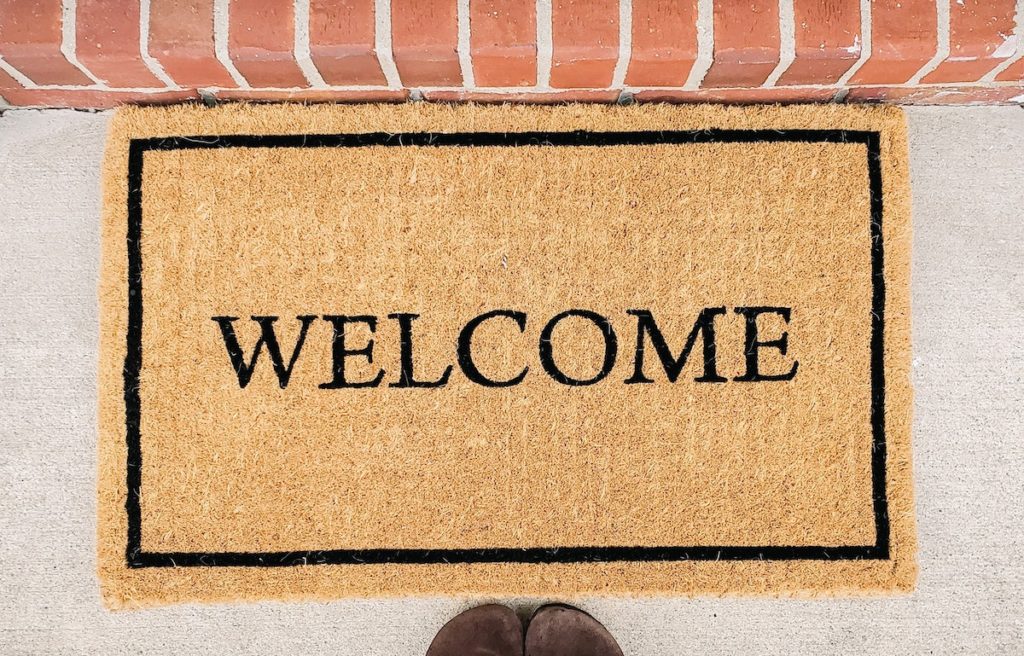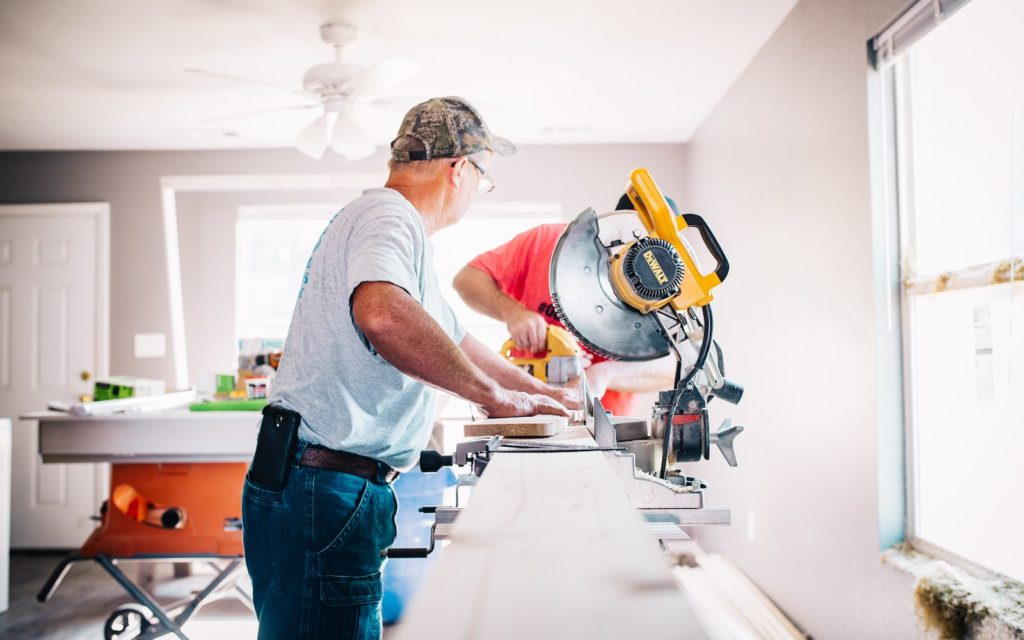
Wholesale Real Estate: A Beginner's Guide
Whether you are an investor looking for another way to diversify your portfolio, or are interested in getting involved in real estate, wholesale real estate can be a lucrative career move.
There are some common misconceptions about real estate wholesaling, though. Is it the same as flipping a property? Is it illegal? Is it really profitable?
Here’s everything you need to know to decide if wholesale real estate is a good investment strategy for you, and how to get started.
What is real estate wholesaling?
Real estate wholesaling is an investment strategy in which the investor takes possession of a contract from a property seller and then transfers ownership of the contract to a new buyer. The wholesaler makes money by finding discounted properties and adding a fee that is paid by the end buyer.
In many cases, the wholesaler never actually purchases the property. They enter into a wholesaler contract with the seller that gives the wholesaler the exclusive right to purchase the property at a set price. Rather than purchase the property, the wholesaler sells their rights to the property, to the end buyer. This is called an “assignment of contract.”
In other cases, the wholesaler does purchase the property, using transactional funding—a very short-term, hard money loan that allows wholesalers to transfer properties without using any of their own funds.
Transactional funding is a short-term, hard money loan that allows a wholesaler or investor to purchase a property without using any of their own funds.
The wholesaler is an efficient middleman connecting property owners who need to sell, and other real estate investors—usually landlords and flippers—who don’t want to spend time searching for their next investment.
Wholesale real estate example
For example, imagine that a homeowner needs to sell. The property needs work, but the owner needs to move out of state for a new job, and doesn’t have time to get work done.
The after-repair value (ARV) of the house is about $200,000, but because the property is in distress, the seller establishes a wholesale contract at a value of $150,000. The wholesaler may then sell the rights to purchase the property to an end buyer for $160,000, walking away with a $10,000 profit.
Wholesaling vs. flipping
Is wholesaling real estate the same as flipping? In a sense, a wholesaler is investing in discounted real estate and quickly turning it over at a profit. But flipping houses really refers to investors who purchase distressed properties, invest in repairs and upgrades, and then sell the property at a greater profit.
Wholesalers and flippers often work together, but they don’t do the same work. Wholesaling real estate involves transferring contracts and properties quickly. Wholesalers are not always personally invested in the property, and their focus is quantity—wholesaling a great number of properties at smaller commissions for each one.
Flippers, on the other hand, have a large investment of both time and money in their properties. There is a greater financial commitment and risk, but also a greater profit per project.

How to Start Flipping Houses
Getting started well requires a few preliminary steps and considerations—from budgeting, to lining up the right network, to setting up an LLC, and more.
How to wholesale real estate: 5 simple steps
When you’re ready to start thinking about wholesaling real estate, the first step is to learn the process from start to finish. There are five basic steps to wholesale real estate.
1. Learn your market and your business
As with any new business venture, you want to learn everything you can about wholesale real estate. You can learn quite a bit online. Local real estate groups are also a great resource. In addition to learning about real estate wholesaling, local groups can help you start to build a network and learn about your local market.
And any real estate career hinges on a thorough knowledge of the local markets, but especially wholesaling. You need to be able to communicate empathetically but strategically with sellers, and you need to understand the needs of the flippers and landlords to whom you will be selling.
2. Start building a buyers list
Every effective real estate wholesaler has a list of potential buyers that they can call when they have a property under contract. It might seem strange to start building a buyers list before you’ve even looked at properties, but you won’t have time once there’s a contract to transfer.
You can find potential buyers:
- At your local real estate investing group — You will definitely meet all kinds of real estate investors, so this is a great first step.
- At local foreclosure auctions — People who attend and bid on foreclosed properties are usually flippers or other investors who might be very happy to work with someone who can find properties for them.
- In apartment listings — Check your local newspaper and other listing sites for small home and duplex rental listings. Successful landlords are often interested in purchasing additional rental properties.
- Through a local hard money lender — Flippers often need financing, and the very best financing option for flipping houses is hard money. That means that your local hard money lender may have a good network of potential buyers.
Even as you start to build your buyers list, make sure you are also managing your buyers list. It should not just be a digital Rolodex of people who might buy a discounted property. You need to start networking and building relationships with these buyers. You want to earn their favor and trust, of course, but you also want to learn what their real estate interests are.
A good wholesaler will already have one or two buyers in mind as he signs a wholesaling contract for a property. Consider yourself working for your buyers, and you’ll do well as a wholesaler.
3. Set up your financing
Whether you work by assignment of contract or double closings, very little cash is required of the wholesaler—one of the main benefits of this real estate investment strategy.
The biggest expense for many wholesalers is marketing your services. You need to make yourself available to sellers, and you need to be building and managing a buyer’s list. There are many free networks and platforms that can help with this, but investing a little bit of cash into marketing can save a lot of time and help you stand out above other wholesalers.
Additionally, if you need to do a double closing, you will need access to transactional funding, so start getting to know your local hard money lenders.
4. Find leads/deals/off-market properties
With a good understanding of local markets and the buyers on your list, and any funding you may need ready to go, it’s time to start shopping for discounted real estate. There are lots of ways to find eligible properties:
- Real estate auctions
- Search for REO properties
- Find short sale properties
- Search for a HUD home
- Search public records for properties recently inherited
- Search public records for homeowners who are behind on payments
You can also take a more passive approach by posting ads, bulletins, and signs of your own. You’ve probably seen a “We buy houses” sign on a street corner once or twice: those are wholesalers.

How to Generate Real Estate Leads
There are so many ways—inbound and outbound, passive and active, free and cheap, digital and analog—to generate real estate leads, that you’ll never not have a strategy to work on.
5. Exit
An exit strategy, in real estate, is how an investor plans to offload a contract or property. Real estate wholesalers use one of two strategies:
- Assignment of contract — As mentioned, the wholesaler enters a contract for the right to purchase a property, and then transfers the contract to the end buyer. The wholesaler never purchases the property. It’s important to note (for legal reasons) that the wholesaler is not selling the property, but rather the right to purchase the property.
- Double-closing — If a seller will not agree to a wholesale contract, or local regulations don’t allow it, the wholesaler does purchase the property and then almost immediately sells it to the end buyer. This can still be accomplished without using any of the wholesaler’s personal finances, if they work with a hard money lender who does transactional funding.
Assignment of contract and double-closings amount to the same thing, but it is important to be aware of local laws and regulations concerning both.
How much money can you make wholesaling real estate?
Real estate wholesalers make about $5,000 to $10,000 per property. The amount of money you will make overall depends on several factors, including:
- The discount you can negotiate on a distressed property
- The sale price you can negotiate with an end buyer
- The frequency of your property transfers
As you gain experience, you will be able to increase the gap between how much you secured a property for and how much you exit for, but that profit margin will not continue to grow indefinitely.
Real estate wholesalers increase their net profits mostly by increasing their efficiencies. Growing your buyers list, and getting to know them well, will allow you to transfer more properties, more quickly.
Is wholesaling real estate legal?
Real estate wholesaling is legal, but investors should be aware of local laws and regulations. Some states, for example, require a broker’s license for certain types of transactions, which can affect wholesaling contracts.
Wholesaling is legal in the State of Texas, but without a brokerage license, investors cannot advertise the sale of a property that they do not own. As mentioned above, if you’re using wholesaling contracts, rather than a double close, it’s important to make sure that you advertise the right to purchase a property—rather than the property itself.
Wholesaling is a popular strategy in markets like Houston and Austin. If you’re just getting started with real estate wholesaling in Texas, then, you can keep yourself out of trouble by either working with:
- An attorney, to keep your wholesaling contracts in good legal standing.
- A hard money lender, to provide transactional funding for a double close strategy.
Beginner tips for wholesaling like a pro
Successful real estate wholesalers are entrepreneurs and sales people with extensive knowledge of local markets. They also need good communication and people skills in order to continue growing a wholesaling business.
- Be honest and up-front with sellers. Sellers always have other options, and the best way to negotiate is to be open and honest. Speak to their pain point, of course, but also explain the wholesaling process if they’re unfamiliar.
- Be considerate toward buyers. Have we mentioned how important it is to manage your buyers list? Don’t call every buyer every time you have a property to transfer. Get to know which neighborhoods and types of properties your buyers prefer (and when they might be ready for a new project,) so you can make relevant, timely offers.
- Follow up. A lot of wholesalers just vanish after the end buyer takes possession, but taking a minute to follow up can go a long way. Make a quick phone call, or send an email, to ask how the closing went and is there anything you could have done to be more helpful? You might get some good, constructive feedback, and you’ll create a great impression on the buyer you want to work with again in the future.
Is wholesale real estate hard?
Wholesaling real estate isn’t hard, but doing it well requires hard work. You need to always be aware of local market trends, and you need to always be growing and managing your buyer list. You need to make sure you understand the nuances of local laws and regulations regarding real estate wholesaling, and you need a good strategy for finding great deals.
Once you start to build your knowledge and your network, though, it gets easier and easier. Recognizing a good real estate deal becomes second nature, and you’ll know which of your buyers will be interested in the property before you even sign a contract. With that kind of momentum, wholesaling starts to feel easy.
If you’re wholesaling real estate in Texas, and looking for transactional funding to finance that double close, give us a call. Our main office is in Austin, but Loan Ranger Capital is known as a premier hard money lender across the State of Texas for our low fees and outstanding customer service.




